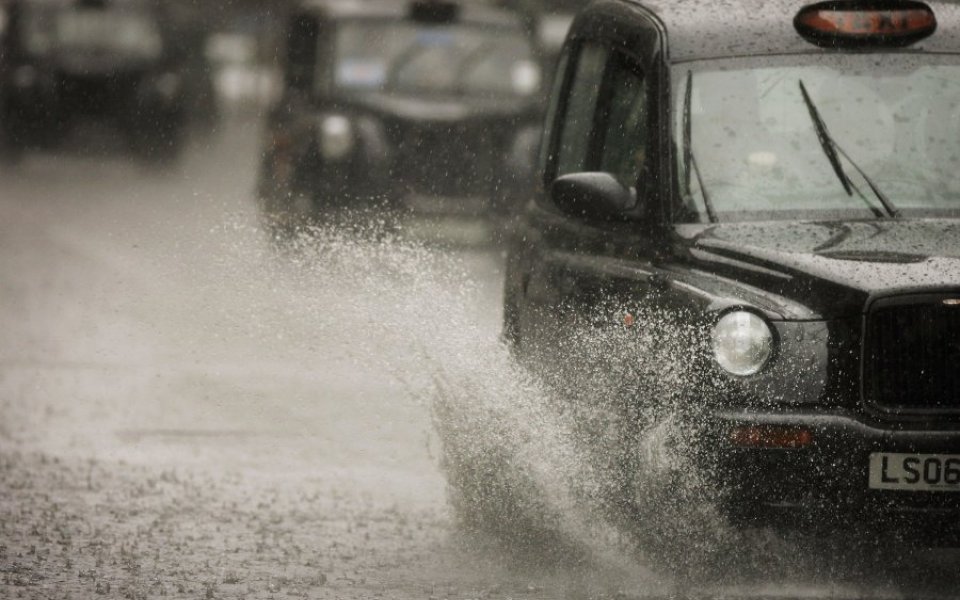Transport for London’s plan to make all Black Cabs accept card payments is great news – but the details tilts the playing field against them

We all love simplicity and speed.
Last weekend I popped into my local Apple Store at Bluewater to get a new charging cable. Instead of queuing, one of the staff came over to me and I purchased the cable via her handheld mobile payment device. The VAT business receipt was automatically emailed to me. What a fantastic customer service experience.
So, I welcome TfL's decision that all black cabs by October 2016 must accept card payments, making life easier for all of us by offering a similar seamless experience.
But, although supported by the London Taxi Drivers' Association, not all in the industry are happy about the decision. As always, the devil is in the detail and there are some issues in TfL's proposals as they stand.
Chief among them is the fact that Black Cab taxi drivers will have to absorb the costs charged by their banks and card processing companies. But this is not the case for private hire licenced operators who can pass on the cost to the consumer as a surcharge.
This is in common practice in the travel sector, where companies such as EasyJet and Trainline.com can legally pass on to the consumer the payment processing costs of card payments in the form of a surcharge.
TfL's insistence that Black Cab drivers absorb the cost further tilts the playing field against them. Already, cabbies have to bear the additional costs to uphold the high standards required to obtain their licenced status.
Another problem is the prescription by TfL that mobile chip and pin devices are mounted at the back of the cab at the cost of their operators.
Most taxi drivers already accept card payments, with 58 per cent of London's 25,200 Black Cab drivers accepting card payments, according to a TfL survey in 2014.
Far from being luddites, Black Cab drivers want to embrace technology to provide the best customer experience. From medical checks to purpose-built and disability adapted vehicles, licenced Black Cabs already absorb the costs of measures to ensure higher standards of customer safety. But imposing this payments initiative, is in effect, forcing us into terms which aren't in place for other industries.
Ultimately, we don't want to compromise customer service provided by the iconic Black Cab industry, but we also don't want to see our drivers' margins squeezed in favour of the private hire sector.